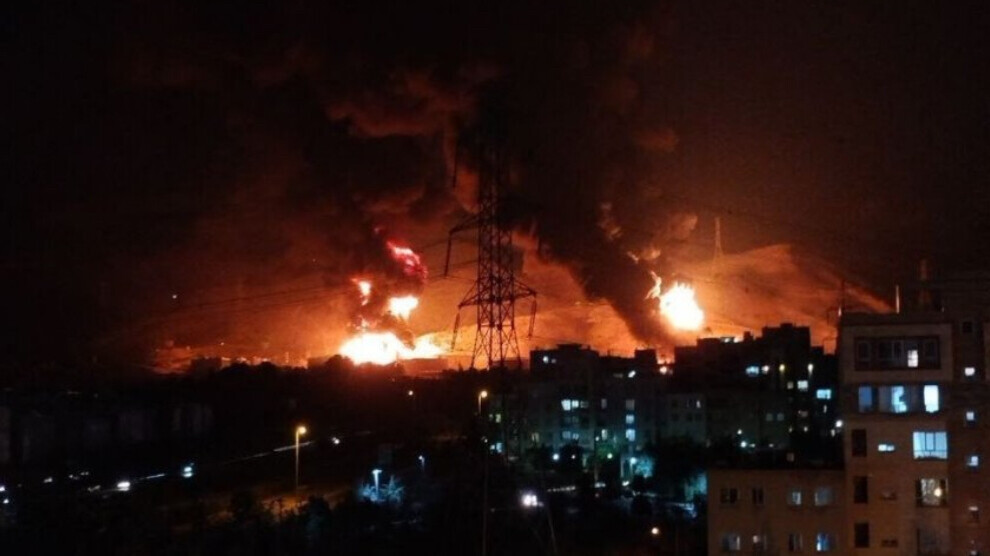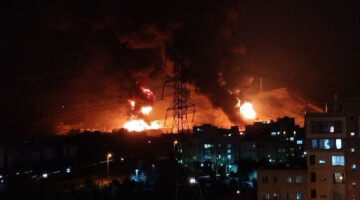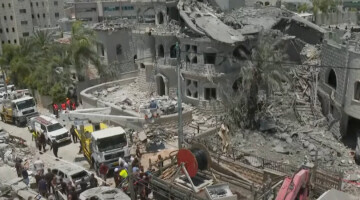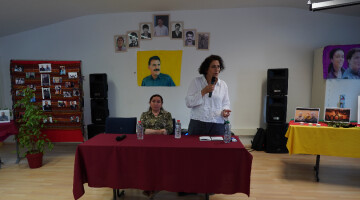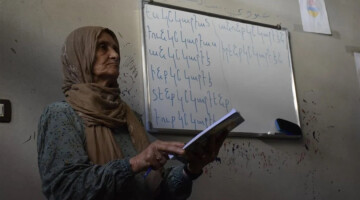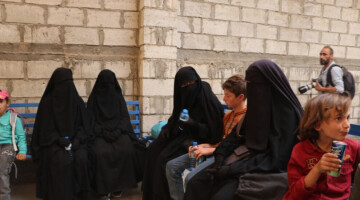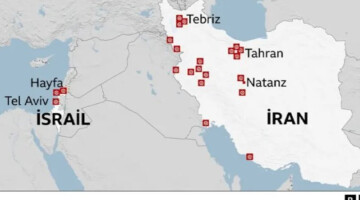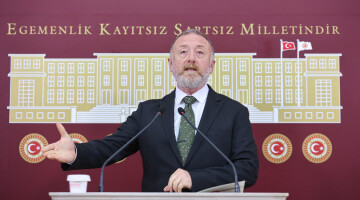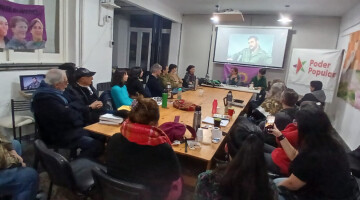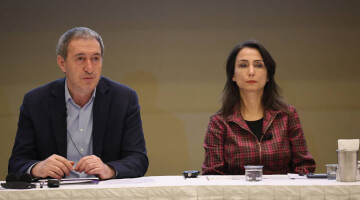When looking at Israeli history, the basis of the factors behind the attacks lies in espionage. This is already part of the practical warfare on the ground. As strategy experts point out, Israel defines itself through intelligence. For the Jewish people, this is a constant cycle within the Israeli government and military. This reality is constantly emphasized in Israel's sacred and official documents. That is why everyone is surprised today by how Israel was able to infiltrate Iran so deeply. From our perspective, this raises several issues.
First, the nature of historical relations between Iran and Israel. Second, even in friendly relations, Israel develops a reflex to become an enemy when the time comes. This is a historical characteristic of Israeli society and Jewish leadership. Throughout history, this society has protected itself with these measures and ensured its survival. This is an unchanging reality, regardless of whether one is pro- or anti-Israel.
The attack launched on the night of June 13, 2025, which was directed against fixed targets as well as moving targets such as the Iranian army's command council, gives us an idea of how the order within the castle works. The reality is that Iran has not fully grasped—has not recognized—Israel's power in historical, cultural, and administrative terms.
We draw this conclusion because when Israel killed the leader of HAMAS in Iran, Iran failed to understand the essence of the issue. What we need to understand in this situation is that the system itself has collapsed. Individuals and groups within the system are in serious conflict and contradiction with each other. This situation allows a power such as Israel to become a tool that can provide support to their enemies. Following the death of Ebrahim Raisi in a helicopter crash, the purge within the regime has accelerated. This situation will continue. Ali Khamenei's statement following Israel's attack, “Let us eliminate the disagreements and divisions within us and unite,” also proves that there is no unity within the state. At the same time, this is an admission that the current system is preparing its own demise by antagonizing the Iranian people. The system's ability to manage the Iranian state tradition will no longer yield results. The Iranian people's refusal to support this system has brought it to the brink of collapse. This reality is now clearly visible on the ground.
How should we, as the Kurdish people and the peoples of Iran, assess this development and by what criteria? Although the current situation appears to be an attack on Iran from outside, it is in fact not independent of the struggle within Iran. Undoubtedly, the nature of the Iranian state does not have a structure capable of encompassing the power and potential of the Iranian peoples. This is the most fundamental and serious weakness of the Iranian state. It is this disconnect between the Iranian state and its people that has enabled the Israeli state to establish a large drone base inside Iran and target high-ranking commanders in the country. The Iranian state has been systematically attacking the Iranian people for 44 years. We must remember that when the Shah's regime was overthrown, the people did not want such a bad, oppressive system. This system was effectively imposed on the people. Therefore, there is a historical reckoning and unresolved issue between the people and the Iranian regime. This contradiction has taken on a different character over time; today, it has a deeper and different nature.
Therefore, just as much as the opposition within Iran, the people both inside and outside Iran should take advantage of this situation and prepare themselves accordingly. The struggle of the people should turn this situation into an opportunity to prevent further damage to the country and its population. The Iranian state does not have a structure that can bring peace within itself. On the contrary, it deepens the contradictions. This leads to the search for a solution not in the violence of conflict but on the grounds of peace. Therefore, everyone should focus their efforts on building a popular movement based on democratic modernity. If the opposition forces fail to develop an alternative to the current situation, support Israel's attacks, or side with the system by reacting to external attacks, they will once again commit a great injustice against the Iranian people and end up in the dustbin of history.
So far, the Iranian state has either suppressed opposition forces within the country or killed their leaders or forced them into exile. In the current situation, there are two options: either these forces will support the internal struggle in a respectful manner, or they will transform themselves into a movement and join the struggle directly. This can be achieved in one of two ways. Either they will establish a foundation that will accelerate the fragmentation of the system from within, or they will use their own power against the system, because this problem must be solved from within Iran, by Iranians.
The people of Rojhilat (Eastern Kurdistan) and the peoples of Iran have turned toward a relationship and practice based on the Democratic Nation solution. This path is not one of violence, but even if violence becomes inevitable due to the nature of the system, dialogue between the peoples must continue, and a democratic society and Democratic Nation must be built. This revolutionary alternative must emerge against both imperialism and reactionary forces. The solution in Iran is the Democratic Nation paradigm.

